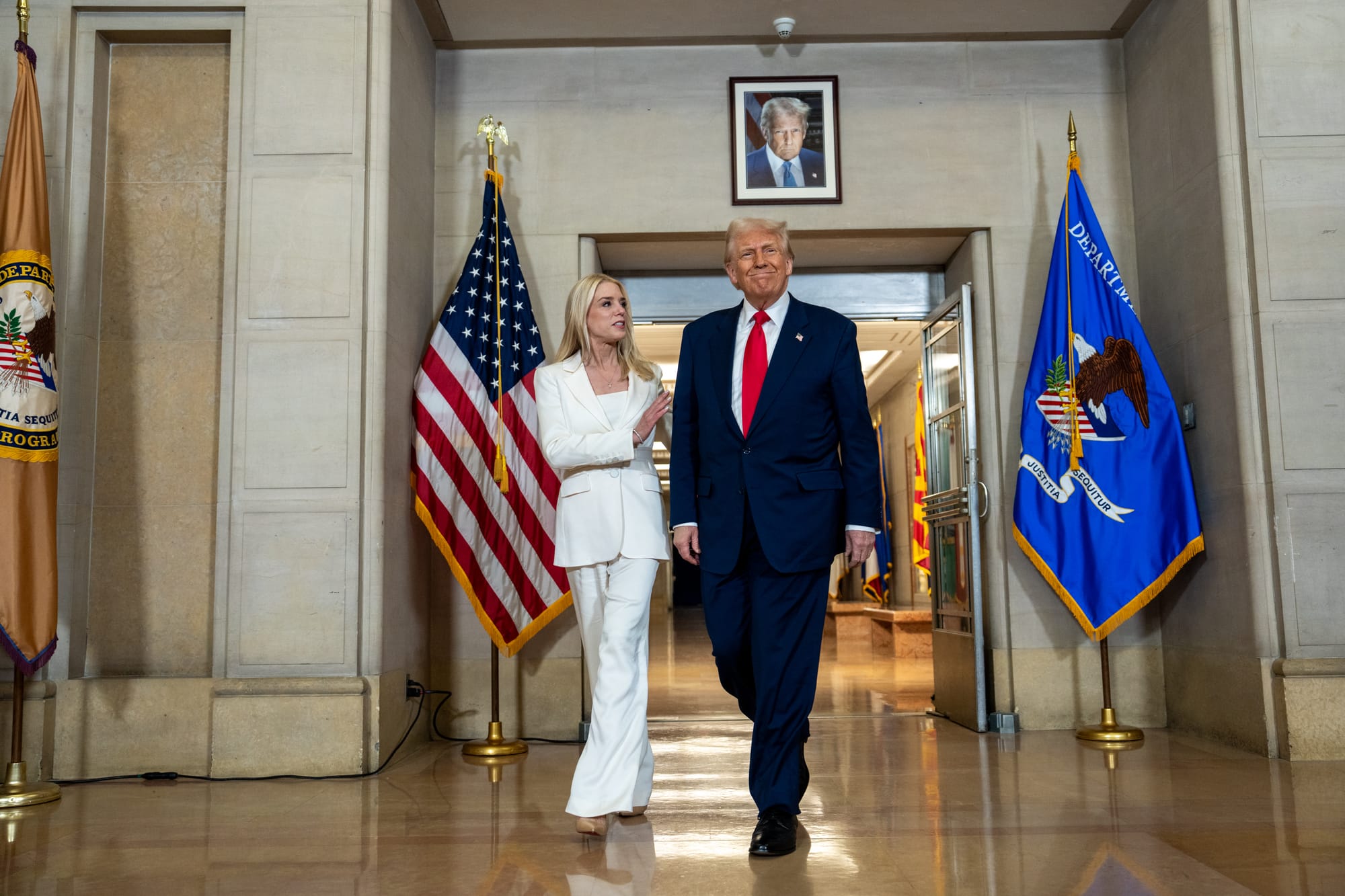In a blog post published in June, Garrett Langley, the CEO and co-founder of surveillance company Flock, said “We rely on the democratic process, on the individuals that the majority vote for to represent us, to determine what is and is not acceptable in cities and states.” The post explained that the company believes the laws of the country and individual states and municipalities, not the company, should determine the limits of what Flock’s technology can be used for, and came after 404 Media revealed local police were tapping into Flock’s networks of AI-enabled cameras for ICE, and that a sheriff in Texas performed a nationwide search for a woman who self-administered an abortion.
Langley’s statement echoes a common refrain surveillance and tech companies selling their products to Immigration and Customs Enforcement (ICE) or other parts of the U.S. government have said during the second Trump administration: we live in a democracy. It is not our job to decide how our powerful capabilities, which can track peoples’ physical location, marry usually disparate datasets together, or crush dissent, can or should be used. At least, that’s the thrust of the argument. That is despite the very clear reality that the first Trump administration was very different to the Biden administration, and both pale in comparison to Trump 2.0, with the executive branch and various agencies flaunting ordinary democratic values. The idea of what a democracy is capable of has shifted.

